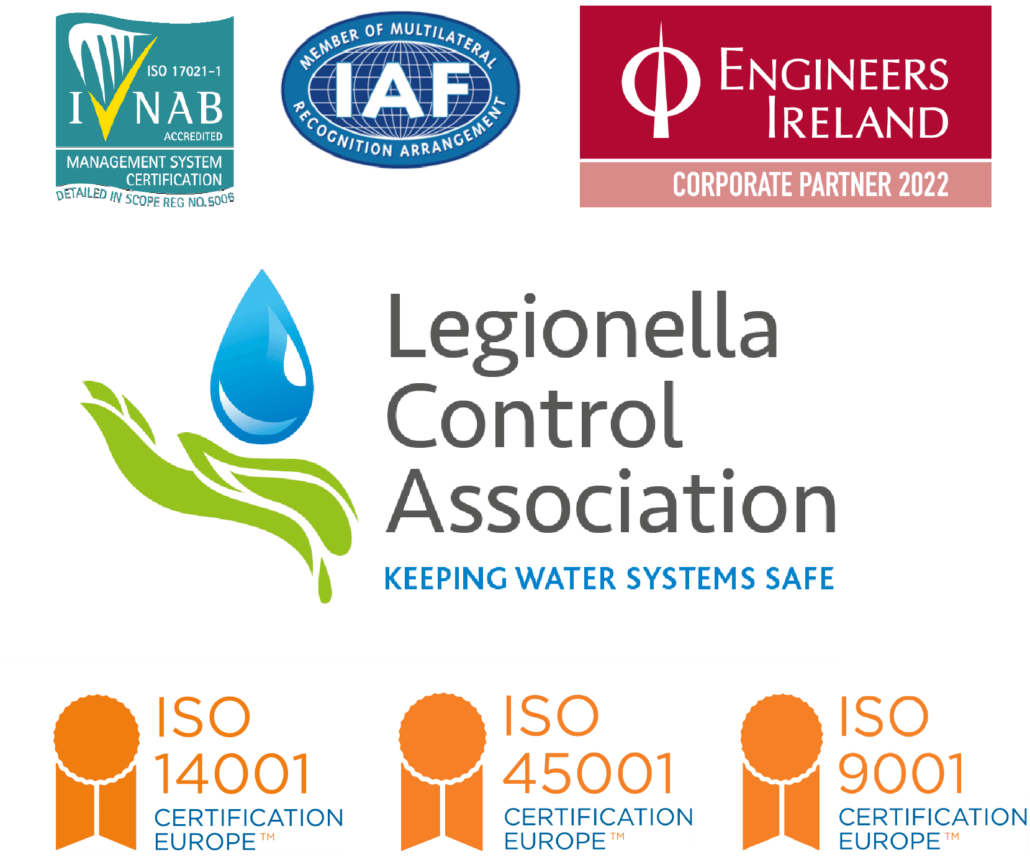Enhancing Water Quality: The Importance of Filtration
In industrial settings, water plays a critical role in numerous processes, ranging from cooling and heating to cleaning and manufacturing. However, the quality of the water used in these operations is paramount to ensure efficiency, productivity, and environmental responsibility. Industrial water often contains various impurities, suspended particles, and contaminants that can hinder equipment performance, damage machinery, and even pose health risks to employees.
This is where water filtration in industrial settings becomes indispensable, as it not only safeguards equipment but also contributes to sustainable operations and responsible resource management.
The Role of Filtration
Water filtration in industrial settings involves the removal of solid particles, sediment, microorganisms, and dissolved impurities from the water, thus improving its overall quality. The process typically consists of several stages, each targeting specific contaminants and particles of varying sizes.
Pre-filtration: This initial stage involves coarse filtration to remove large particles, sediment, and debris from the water. Pre-filtration prevents clogging of finer filters in subsequent stages and ensures the longevity of the filtration system.
Media Filtration: In this phase, water passes through various media, such as sand, gravel, and activated carbon. These media effectively trap smaller particles, organic matter, and certain chemicals, leaving the water cleaner and free from unpleasant tastes and odors.
Membrane Filtration: Membrane-based filtration methods, including microfiltration, ultrafiltration, revers osmosis and nanofiltration, employ porous membranes to remove even finer particles, bacteria, viruses, and colloidal substances. These technologies significantly enhance the quality of industrial process water and serve as a vital barrier against potential contaminants.
Benefits of Filtration in Industrial Water Settings
Improved Equipment Performance: Clean water reduces the risk of scaling, corrosion, and fouling in industrial equipment, enhancing their efficiency and extending their lifespan.
Consistent Product Quality: In industries where water is an integral part of the manufacturing process, high-quality filtered water ensures consistent product quality and reduces the likelihood of defects.
Cost Savings: By preventing equipment damage and minimizing downtime, effective water filtration can lead to substantial cost savings in maintenance and replacement expenses.
Sustainable Operations: Optimal water filtration contributes to responsible water usage and environmental stewardship, reducing the industrial sector’s ecological footprint.
Conclusion:
Water filtration is an indispensable component of industrial water management, ensuring that the water used in various processes meets stringent quality standards. By implementing a comprehensive filtration system, industries can protect their equipment, maintain consistent product quality, and contribute to sustainable and environmentally conscious practices. Prioritizing water filtration in industrial settings not only improves operations and productivity but also underscores a commitment to responsible resource utilization, benefitting both the industry and the wider community in the long run.






